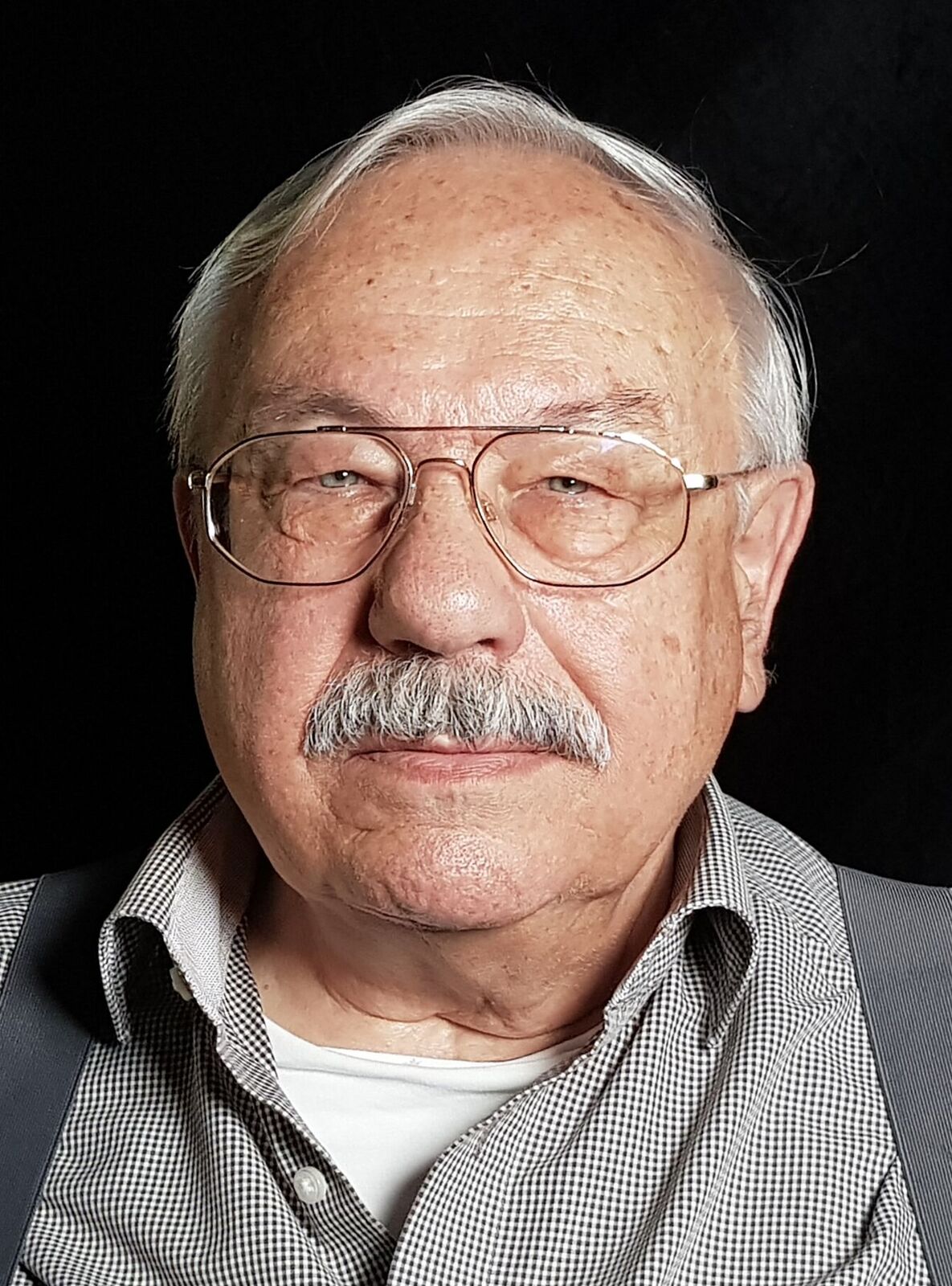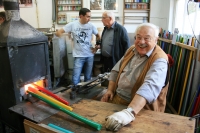Czechs expelled part of themselves

Download image
Dieter Piwernetz was born on 2 February 1938 in Jablonec, but spent his earliest childhood and the Second World War in the nearby village of Huť (Labou in German), near Pěnčín. His father Ernst had a grocery shop in Huť, but as early as 1939 he was conscripted into the Wehrmacht. He did not return to Bohemia after the war, instead meeting his family in Germany after the expulsion. Little Dieter played with Czech children and could even speak Czech – he later repressed this knowledge as a result of the expulsion. In early July of 1945, Czech “resistance fighters” came to Huť. The mother, grandmother, little Dieter, his two-years-younger sister and three-months-old brother had to leave the house in half an hour or face being shot. They were forced into a disorganised deportation. From Huť the family was taken by truck to Jablonec, from there by train to Liberec and from the border they continued on foot. After their distressful journey they lived for a few months with farmers in Buttelstedt near Weimar. During the transports, Dieter’s several-months-old brother died of malnutrition. In 1946 the Piwernetz family was given permission to travel to Bavaria. There the family participated in setting up a colony of Jablonec glassworkers in Franconian Weidenberg. Despite his scholarly ambitions, Dieter’s father took him out of school at fifteen to learn glass grinding. At the end of the 50s, Dieter was allowed to complete his grammar school education. Dr. Dieter Piwernetz eventually became a renowned ichthyologist.


